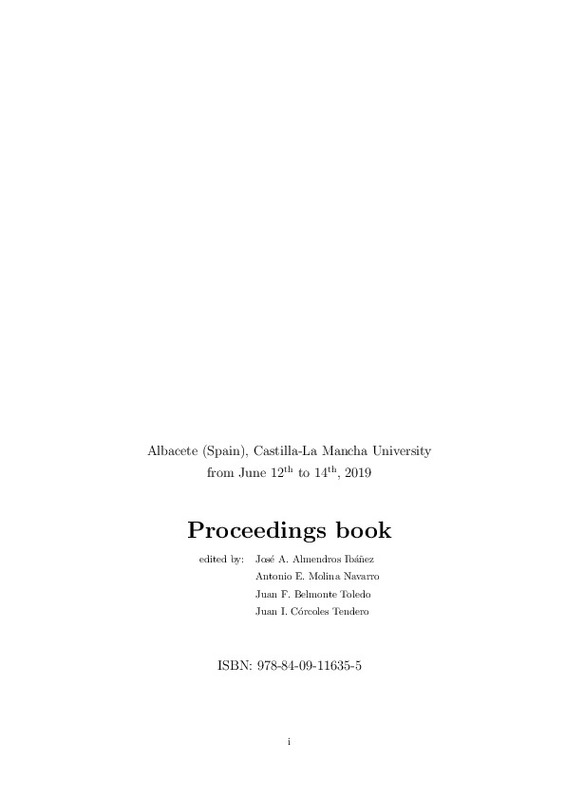|
Resumen:
|
[EN] Heat pump systems have been spreading into the heating and air conditioning industry as they offer an
affordable, efficient and reliable solution. They are considered by the EU as the solution to follow in
heating and ...[+]
[EN] Heat pump systems have been spreading into the heating and air conditioning industry as they offer an
affordable, efficient and reliable solution. They are considered by the EU as the solution to follow in
heating and cooling in order to reach the objectives in reduction of CO2 emissions.
As a consequence of that, there is a growing interest in the development of more efficient heat pump
systems which has motivated the introduction of many technical innovations in the last 10 years. Among
these innovations, the introduction of inverter system has been quite popular. This technology could
imply a significant improvement when the system has to work at non-design conditions. However, in
the standards there is limited information about the characterization procedure of these systems (i.e. EN
13771-1 only refers to fixed speed or vapour injection compressors) and compressor-inverter system are
characterized as a single unit. In that context, it is typical to assume a fixed power loss factor of 3-5%
in the inverter. That power loss factor is considered when designing a new system but could differ in
the final appliance, especially when the system runs at low speed. In conclusion, the knowledge around
variable speed compressors is limited and the system is usually studied as a black box.
In this study, the power of a variable speed compressor and its corresponding inverter have been
measured separately in a calorimeter test bench according the specifications of the norm EN 13771-1.
From these measurements, it has been possible to determine the efficiency of the compressor and the
inverter independently. From these results, the aim of the study is to provide a complete analysis of the
performance of a variable speed compressor system.
The experimental analysis was carried out using the same compressor with two different models of
inverter with the same commutation technology. The study consisted in a battery of tests in which the
same compression conditions were maintained while the rotation speed of the compressor were modified
from 30rps to 120rps.
The results of the paper show that the speed of the compressor and the chosen inverter brand has a high
effect on the efficiency. Moreover, these results can be applied to get the efficiency curve of an inverter
and point out the error that can be made by designers when considering a fixed 3-5% power loss. And
last but not least, the study can also set the bases for other investigations involving the reduction
[-]
|







